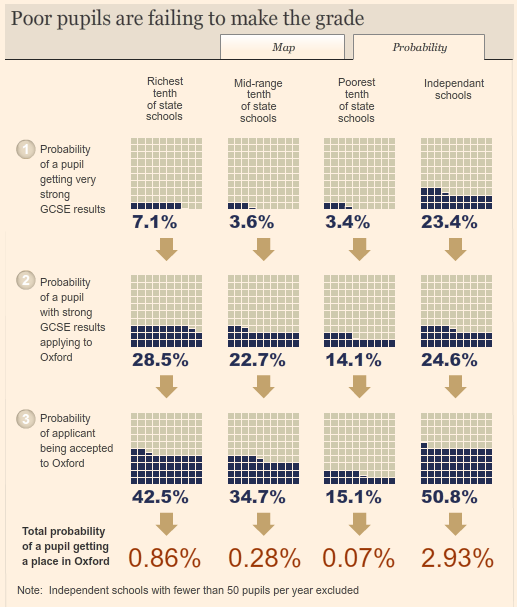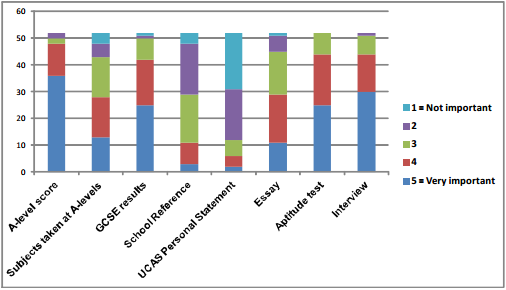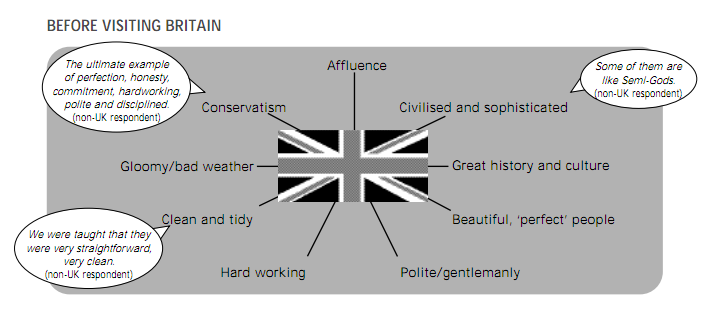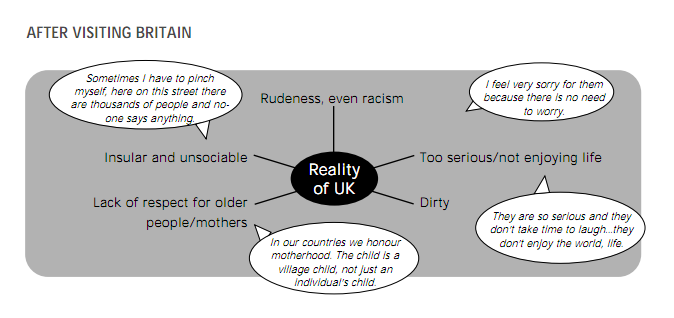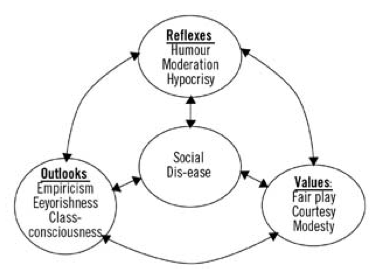I'm supposed to be coming back to Britain in about a month. But the British government and the Guardian are doing their best to discourage me.


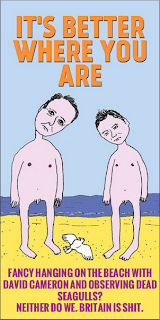
Meanwhile, it's sunny every day in Kigali. Rents are roughly a third of London - £250 a month including bills, a full-time guard, and a part-time cleaner who does all of the dishes and the laundry. Beers cost £1 each in most bars, tennis lessons cost £5 an hour, and there are outdoor swimming pools all over. It's clean and safe and there is no crime and no malaria and no traffic and there are business opportunities everywhere. And I played my first moto polo game (NYT, Youtube) this weekend, which I can confirm, as if you had any doubt, is insanely fun. Can everyone please just come join me over here instead?
Meanwhile, it's sunny every day in Kigali. Rents are roughly a third of London - £250 a month including bills, a full-time guard, and a part-time cleaner who does all of the dishes and the laundry. Beers cost £1 each in most bars, tennis lessons cost £5 an hour, and there are outdoor swimming pools all over. It's clean and safe and there is no crime and no malaria and no traffic and there are business opportunities everywhere. And I played my first moto polo game (NYT, Youtube) this weekend, which I can confirm, as if you had any doubt, is insanely fun. Can everyone please just come join me over here instead?
